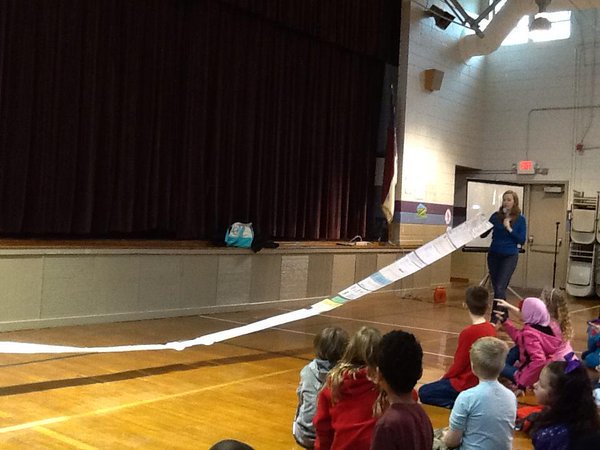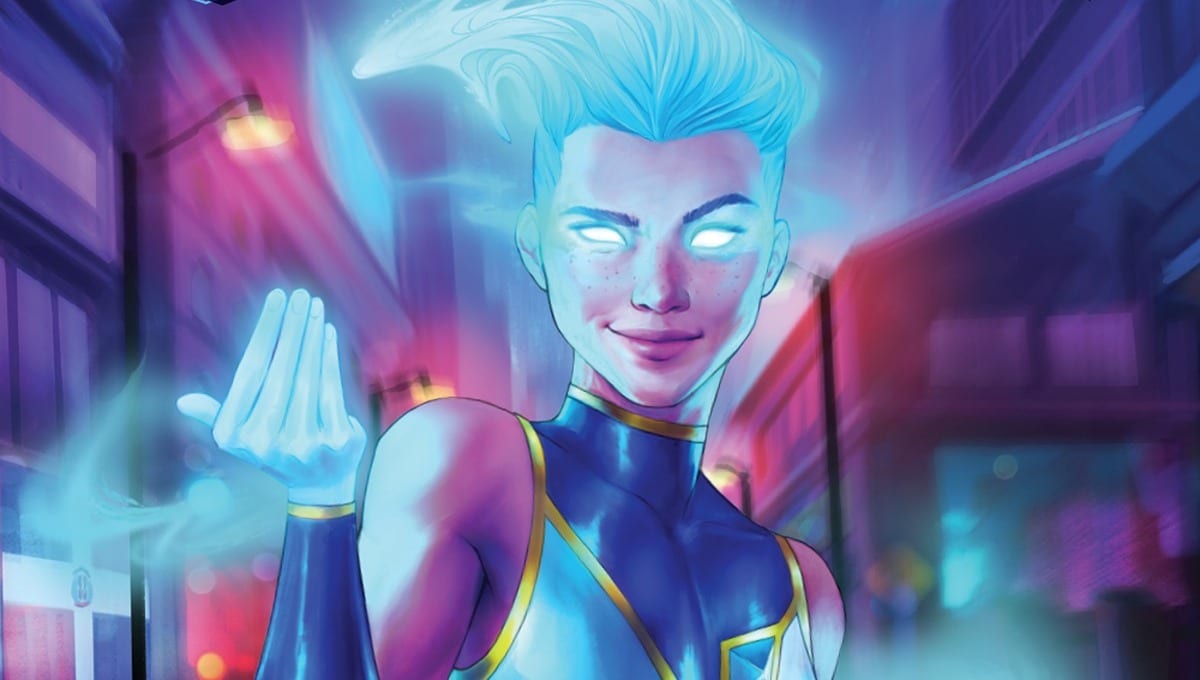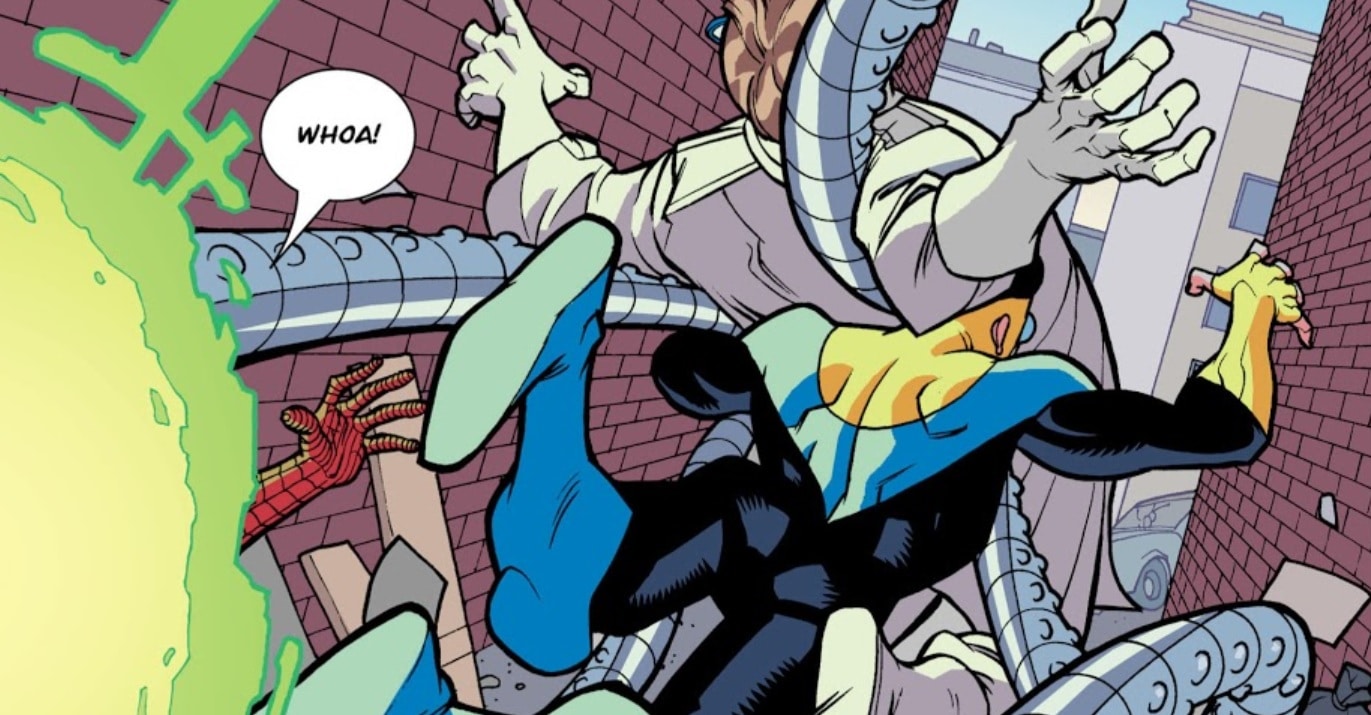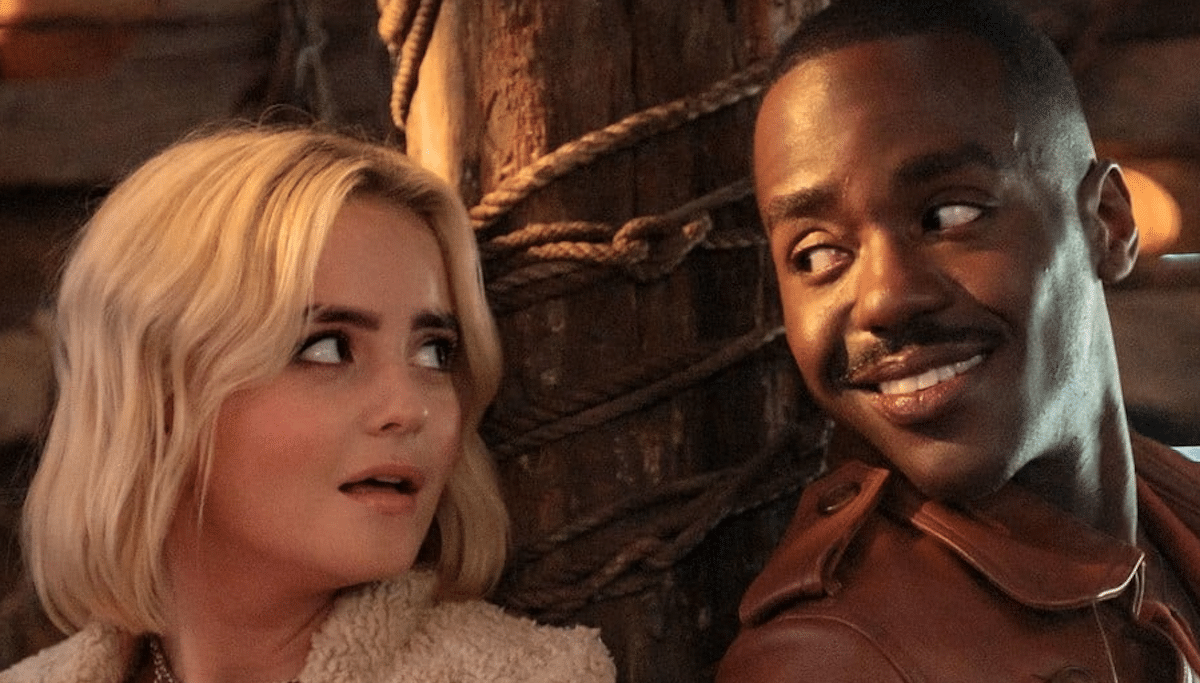Big news. There’s no such thing as an overnight success. Any success we have is accompanied by years of work and often countless failures. As someone who has faced rejection more times than they could shake a stick at, finding the #ShareYourRejection hashtag on Twitter was a lightning bolt to the soul (in a good way). It all started when Saeed Jones, author and co-host of Buzzfeed’s popular AM2DM show, Tweeted about a recent rejection he recieved.
I’ve been rejected from Breadloaf so many times I’ve lost count. It’s all good. Maybe facing rejection would be a little easier to take if we talked about it more. #ShareYourRejections
— Saeed Jones (@theferocity) August 15, 2018
Breadloaf is a writers’ conference that takes place at the Middlebury College in Vermont. Acceptance into the conference is notoriously difficult. Jones’ honest Tweet about rejection, and how little creative communities talk about it, lit something of a fire among on Twitter. The truth is we don’t talk about rejection we have because well, no one likes to talk about failing. We carefully craft our personas to help mitigate and prevent our rejections and failures from coming to light. That’s not a knock against anyone, that’s just how humans are wired in our brain parts. The problem with never discussing rejection, of course, is that we don’t realize how common it is.
I’ve rounded up some Tweets from authors, artists, and others in the comics and literary world to help you realize you aren’t alone. So, here’s to an honest look at creativity and all the work that goes into producing art.
1. Jon Rosenberg: Webcomics Creator and Writer, Goats
The Award-Winning Creator of the webcomic Goats and Scenes from a Multiverse shared a rejection letter he received twenty-years ago. In this accompanying Tweet, Rosenberg says he keeps the letter hung in his office.
#ShareYourRejections This was my best rejection letter of all time. I keep it hung on the wall of my office. pic.twitter.com/TIO1P2b51C
— completely skeletonized jon rosenberg☠ (@jonrosenberg) August 16, 2018
2. Saladin Ahmed: Hugo-nominated Author, Black Bolt
The Eisner-winning and Hugo-nominated writer spoke openly about his experiences with rejection. Ahmed also says it’s especially important for marginalized creators to recognize when and what gatekeeping looks like, especially from predominately white and western focused publications and organizations.
Some of my rejections have been perfectly justified. Admit it to yourself when yours are!
But SOME have involved appeals to 'universality' and other codewords for keeping the marginalized in the margins. So always have the bullshit detector out. #ShareYourRejections
— Saladin Ahmed (@saladinahmed) August 16, 2018
3. Tomi Adeyemi: Bestselling Author, Children of Blood and Bone
The powerhouse writer of the international bestseller Children of Blood and Bone detailed her numerous experiences with rejection. Children of Blood and Bone has found its way to the number one spot on the New York Times Bestseller List and was chosen by Jimmy Fallon for his Tonight Show Summer Read. My guess is that those literary agents are probably regretting their decision now.
before CBB, i spent 4 years on a book that racked up 60+ rejections from agents
thought my big break would come when i won a query contest that would display my query for agents alongside 9 others, but i ended up being the only winner to receive 0 requests#shareyourrejections
— TOMI (@tomi_adeyemi) August 16, 2018
4. Jody Houser: Eisner-nominated Writer, Mother Panic
The Eisner-nominated writer of titles like Star Wars, Spider-Man, Stranger Things and Mother Panic says that it’s easy to learn the wrong lesson from rejection. Sometimes it’s not about your story or work is bad, it may not be the right fit for an outlet. Houser implies that finding a home for your story is about finding the right fit for both creator and publisher. Keep it up, keep submitting, it just takes time.
https://twitter.com/Jody_Houser/status/1029904772659212290
5. Shannon Hale: Bestselling Author, The Unbeatable Squirrel Girl
Shannon Hale has over 25 published books to her name and she’s no stranger to the NYT Bestseller List. Among her impressive commercial success, Hale has also received the Newbery Honor award for her book, Princess Academy. Hale’s published works include The Unbeatable Squirrel Girl, Real Friends and The Princess in Black. Hale shared screenshots of past rejection letters which she has laminated together to bring with on school visits to show that not only is rejection common but it’s part of the journey to success.
I posted 4 of the rejections I got on my first novel, THE GOOSE GIRL. It went on to win awards, has had ~30 printings, and 15 years later is still in print. Not every book is for every editor! #ShareYourRejections https://t.co/dkwBnlfj7I
— Shannon Hale (@haleshannon) August 16, 2018
6. Jason Reynolds: Bestselling Author, Miles Morales: Spider-Man
The mid-grade and young adult bestselling author reminds us that rejection doesn’t stop once you become successful. Reynolds’ work includes the young adult novel for Marvel, Miles Morales and Long Way Down. Reynolds, in a later Tweet, says he recently sold a picture book after ten years of trying to get published.
The years between writing, “My Name is Jason. Mine Too.” and “When I Was The Greatest,” I wrote about 40 picture books, all of which were rejected. I wrote a few more after WIWTG…also rejected. Happens all the time. #ShareYourRejections https://t.co/KFOIef5h87
— Jason Reynolds (@JasonReynolds83) August 15, 2018
7. Marisha Ray: Actor/Producer, Creative Director of Critical Role
The incredibly popular Geek and Sundry production Critical Role is in part due to the work of Marisha Ray. Ray, whose work spans numerous industries, is a proud gamer and geek who detailed her early experience as a voice-over artist in Los Angeles. Ray’s Tweet reminds us that just because our work doesn’t well, work for one person doesn’t mean it won’t work for someone else. Value yourself, your contributions and what you have to share with the world.
Had a voice/speech coach in college that was very hard on me about my voice. The gravelly texture and lower tone meant I wasn’t leading lady material.
Moved to LA; made a VO reel; began booking in video games. They liked my gravely texture and lower tones. #ShareYourRejection— Marisha Ray (@Marisha_Ray) August 16, 2018
There were so many contributions to the #ShareYourRejection hashtag that it was hard to pick only a few. I honestly didn’t expect that reading them would make me feel better about my failures but it has. What are some of your rejection stories? Feel free to share them with me on Twitter or comment below. If you are looking for more stories from artists and creative folks about rejection they’ve faced, I’ve collected a slew of Tweets here.








Good for the soul
Comments are closed.